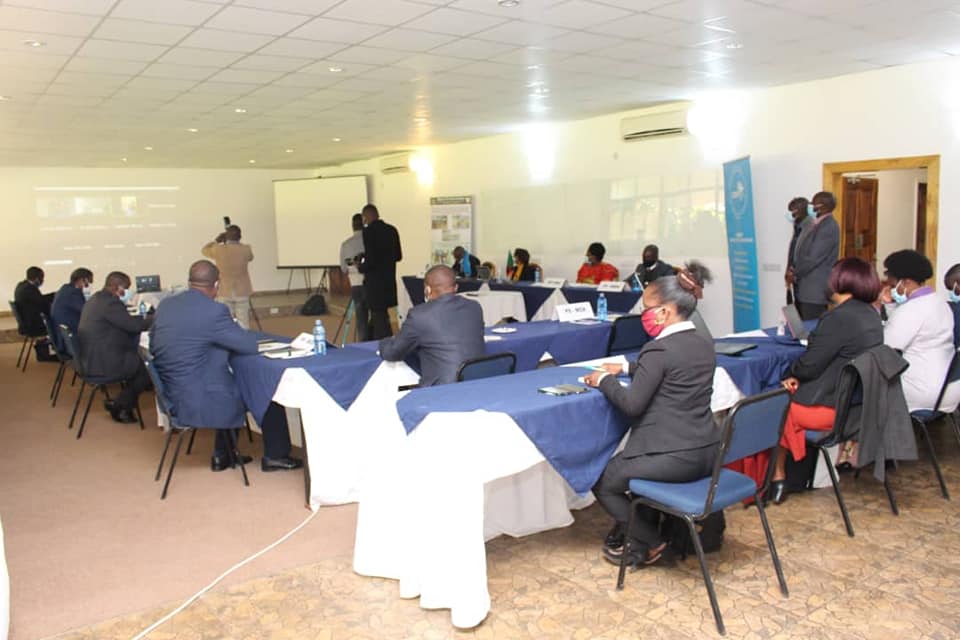
Zambia is set to become the first country in COMESA and the third in Africa, after Ghana and Ivory Coast, to undergo Country Structural Vulnerability and Resilience Assessment (CSVRA). The decision to volunteer for CSVRA, an Africa Union-led initiative, was made during a Cabinet meeting on 26 October 2020.
The decision is aligned to the 15th Meeting of the COMESA Ministers of Foreign Affairs, that required COMESA to collaborate with the AU in supporting the government of Zambia to identity structural vulnerabilities and mitigative factors to conflict. After the assessment, the country is expected to establish a National Early Warning System.
Through its Conflict Early Warning System (COMWARN), COMESA has in the past conducted national consultations with diverse stakeholders to disseminate the country’s structural vulnerability reports. In addition, it has trained Zambia government officials on the key tenets of the structural vulnerability methodology and the necessary response strategies.
In July this year, Permanent Secretaries from various ministries were taken through the COMESA and the AU Structural Vulnerabilities Assessment (SVA) processes. Thereafter, the government established a National Bureau to coordinate the dissemination of SVA outcomes and the response strategies and structures. This was in addition to providing feedback to COMESA on efforts to address vulnerabilities and the existing policy and legal frameworks in place to deal with them.
Zambia’s gesture to volunteer for the process underscores its commitment to not only address root causes of conflict but also the implementation of the regional and continental SVAs and accompanying mitigation strategy.
Going forward, COMESA and AU will provide financial and technical support to ensure the country successfully completes the process, which will enable it to identify community-specific vulnerabilities and resilience factors. This will help Zambia to address structural vulnerabilities and strengthen the existing resilience factors. It will also be enabled to establish national infrastructure such as an early warning system to track both dynamic and structural factors to conflict.

